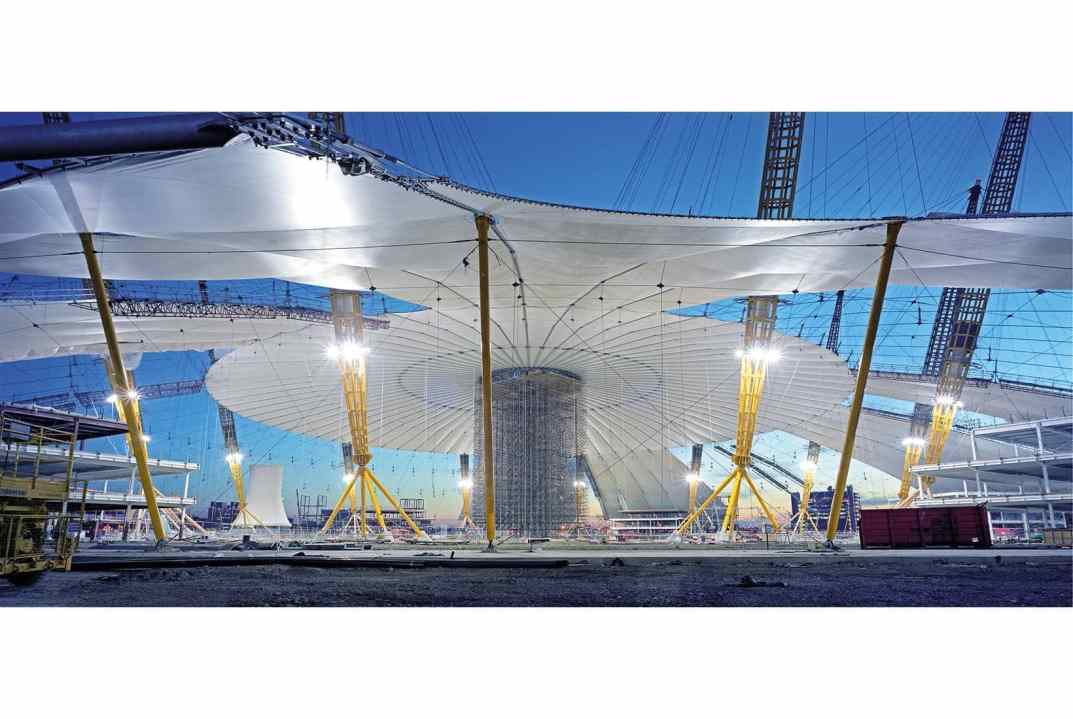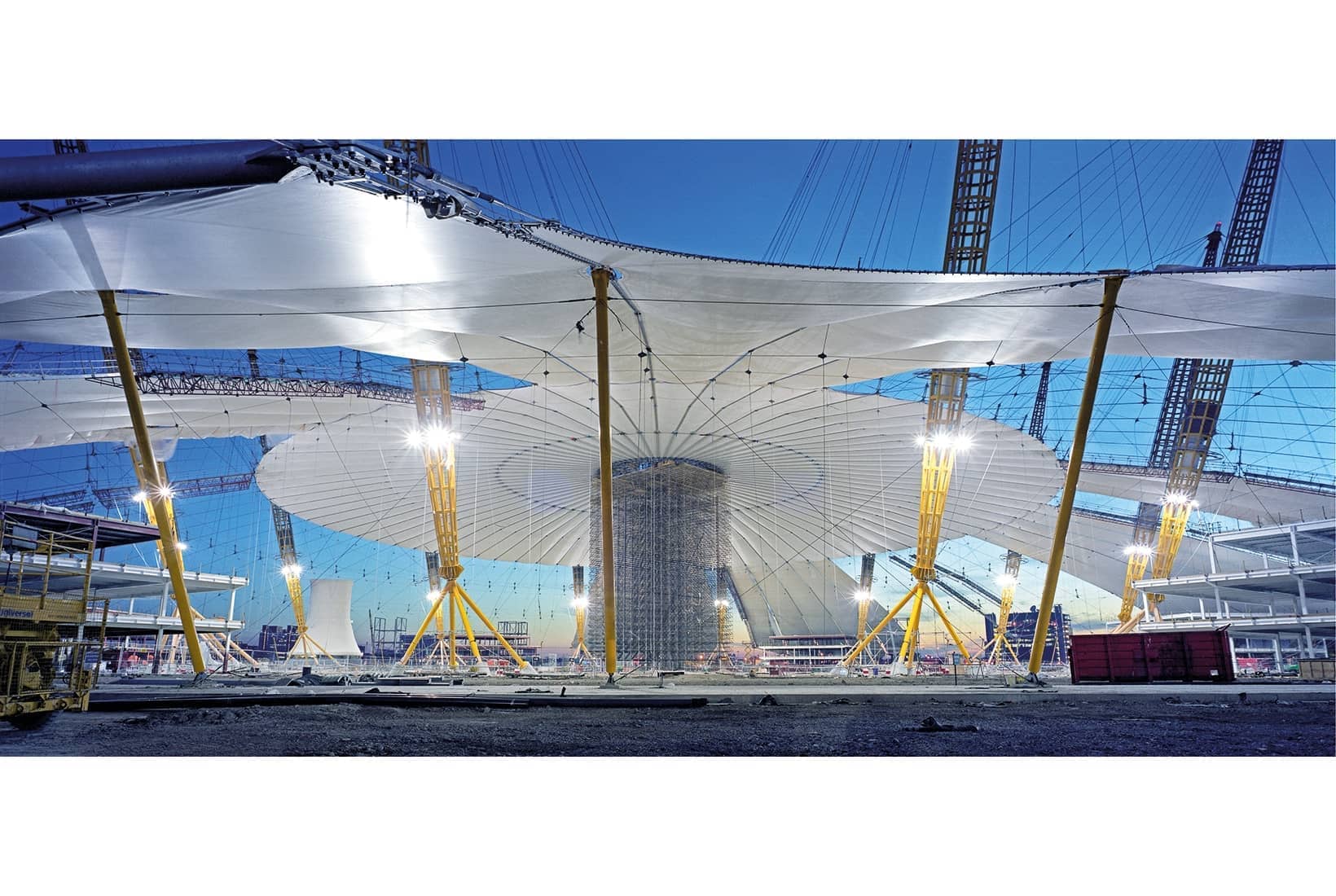London’s City Hall stands empty. The bulbous, Foster + Partners-designed ‘glass testicle’ — in Ken Livingstone’s words — occupies one of the best sites in the capital: Thames-side, squaring off to the Tower of London, and overlooking Tower Bridge. But in December, its occupiers — the Mayor, the London Assembly and the Greater London Authority — deserted their glitzy £43 million headquarters for a cheaper building more than five miles east at the Royal Docks in Newham. It took them less than 20 years to outgrow their purpose-built home.
According to the architectural commentator John Grindrod, City Hall is a giant glass-and-steel metaphor. ‘The building represents the role of the London mayor in some sort of horrible way,’ he says. ‘Prime site, looks fantastic, brilliant symbol — but it’s not big enough for the job.’
Yet despite City Hall’s demotion, Grindrod argues that the building — which opened in 2002 — is one of a clutch of confident, neo-futuristic, turn-of-the-millennium UK projects that embodied a collective optimism unique to that time.

Get Britain's best politics newsletters
Register to get The Spectator's insight and opinion straight to your inbox. You can then read two free articles each week.
Already a subscriber? Log in







Comments
Join the debate for just $5 for 3 months
Be part of the conversation with other Spectator readers by getting your first three months for $5.
UNLOCK ACCESS Just $5 for 3 monthsAlready a subscriber? Log in